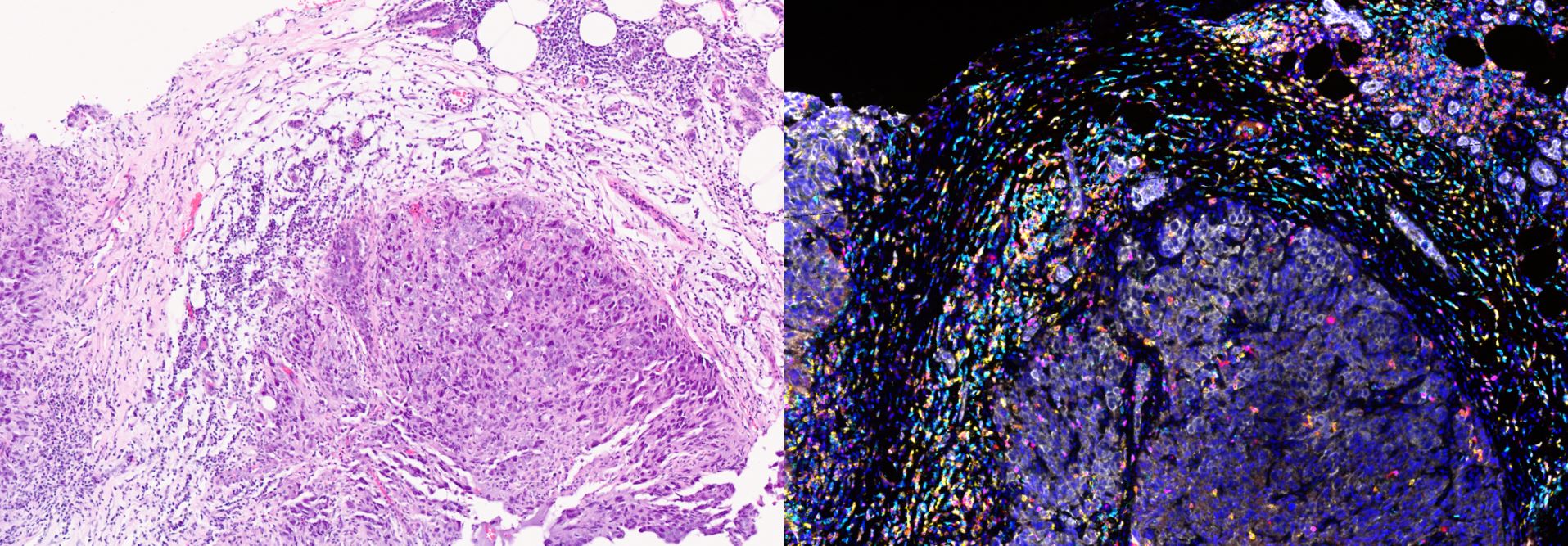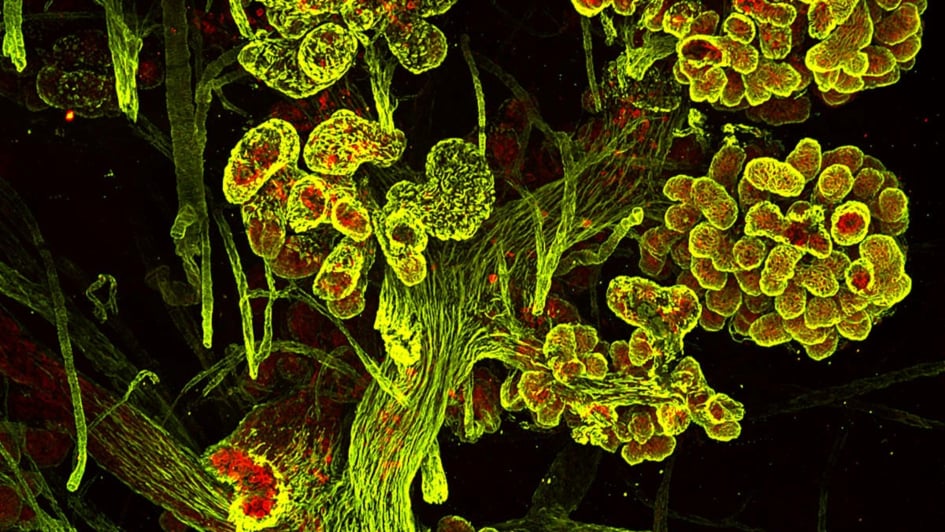ICCG High Dose Study
Randomised trial of high dose therapy using cyclophosphamide, thiotepa and carboplatin in primary breast cancer patients with 4 or more histologically involved positive nodes.
Disease site: Breast cancer
Treatment Modality:
Status: Closed
Trial details
The ICCG High Dose Study is a randomised trial evaluating the role of high dose chemotherapy in patients with primary breast cancer. The control arm of the study was based on a conventional 5- fluorouracil–epirubicin-cyclophosphamide (-HDT) regimen and the 'high dose therapy regimen' was designed to consist of three cycles of FEC chemotherapy followed by the high dose cyclophosphamide - thiotepa - carboplatin i.e. CTCb regimen (+HDT). To be eligible, patients had to be free of overt metastatic disease, be less than or equal to 60 years of age with 4 or more histollogically involved lymph nodes.
Recruitment to this study closed on 28/09/02 (281 patients) and active follow up continues.
This is an International Collaborative Cancer Group (ICCG) trial (C/10/92).
Further information
Further information, including contact details for this trial may be found on the ICCG homepage.
Publications and presentations
Coombes RC, Howell A, Emson M, Peckitt C, Gallagher C, Bengala C, Tres A, Welch R, Lawton P, Rubens R, Woods E, Haviland J, Vigushin D, Kanfer E, Bliss JM. High dose chemotherapy and autologous stem cell transplantation as adjuvant therapy for primary breast cancer patients with four or more lymph nodes involved: long-term results of an international randomised trial. Ann. Oncol. 2005;16(5):726-34

Neoadjuvant radiotherapy provides unique insights into breast tumour immune microenvironment
